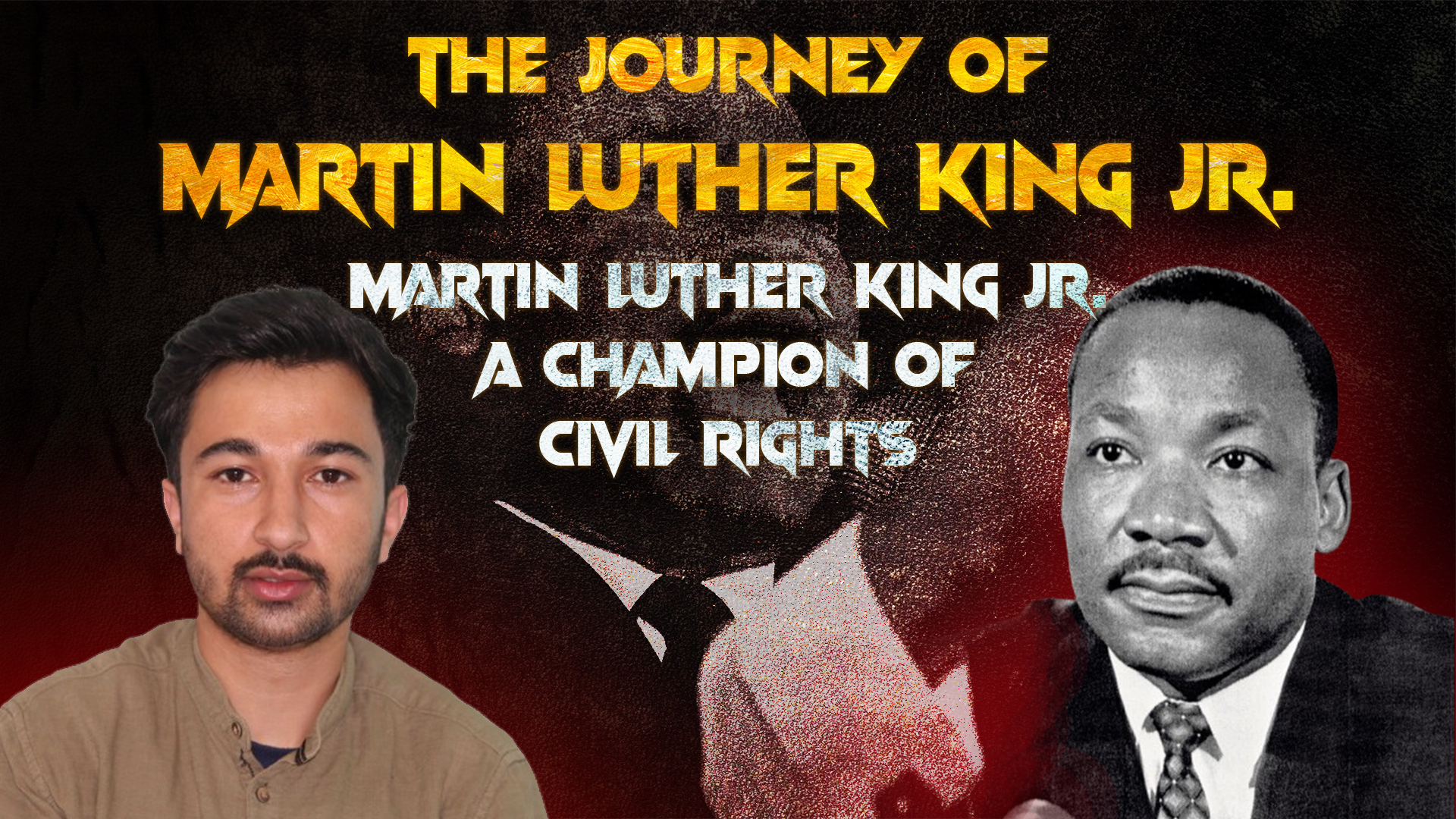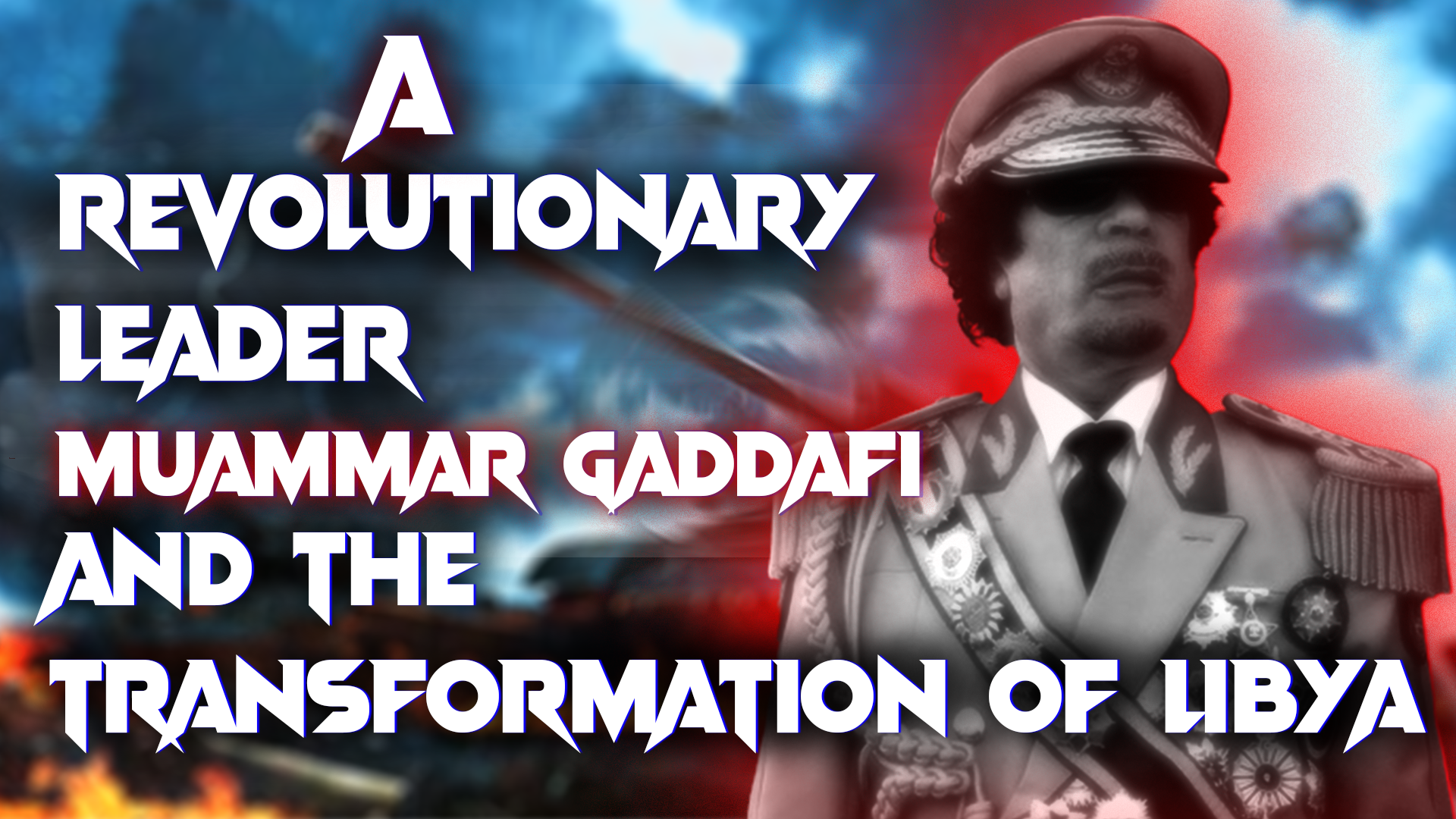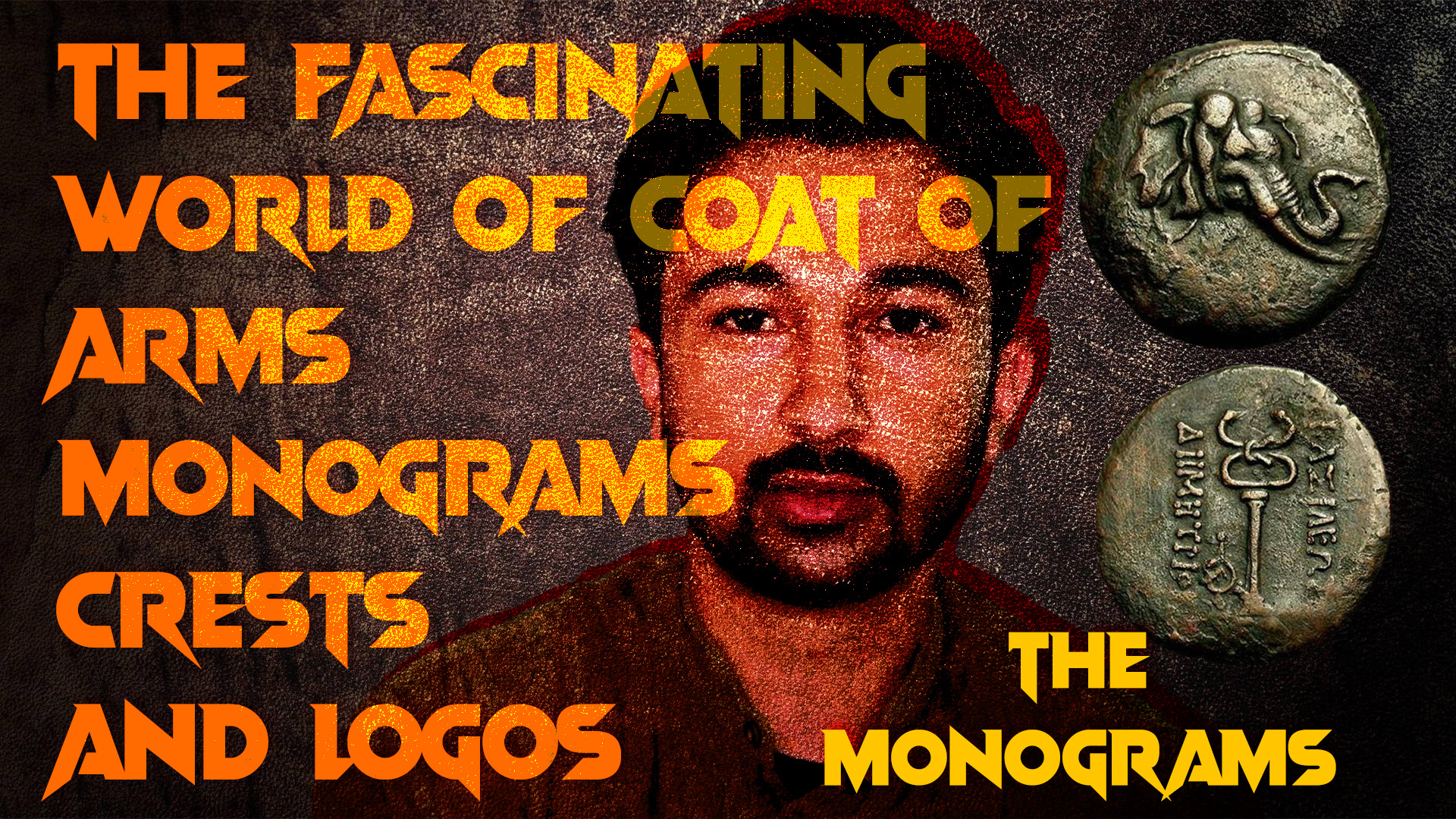The Abolition of Slavery and the American Civil War
The American Civil War, which took place from 1861 to 1865, was a defining moment in the history of the United States. One of the key issues that sparked the war was the abolition of slavery. Slavery was a deeply rooted practice in the southern states, where cotton cultivation relied heavily on the labor of enslaved Africans. The North, on the other hand, had abolished slavery and was against its expansion.
Abraham Lincoln, the President during the Civil War, played a crucial role in the abolition of slavery. His review of the American Civil War highlighted the absurdity and inhumanity of the institution. The issue of slavery was a significant factor in the war and the United States’ history.
Martin Luther King Jr.: A Pastor and Civil Rights Activist
Martin Luther King Jr., born in 1929, was the son of Martin Luther King Sr. and Alberta Williams King. His parents instilled in him a strong sense of religious faith and strict discipline. From a young age, Martin Luther King Jr. showed great intelligence and a desire to make a difference.
As a religious pastor, Martin Luther King Jr. was associated with the fundamental beliefs of Christianity. He believed that God is a universal force and that his work is all about the energy transfer. Martin Luther King Jr.’s teachings focused on equality and justice for all.
Martin Luther King Jr.’s Leadership and the Civil Rights Movement
Martin Luther King Jr.’s leadership played a crucial role in the civil rights movement. He was inspired by Mahatma Gandhi’s nonviolent civil disobedience movement and sought to apply it in the fight against racial segregation and discrimination in the United States.
One of the most notable moments in Martin Luther King Jr.’s leadership was the Montgomery Bus Boycott in 1955. This peaceful boycott aimed to end racial segregation on public buses in Montgomery, Alabama. The boycott, which lasted for over a year, ultimately led to the Supreme Court ruling that segregation on public buses was unconstitutional.
The March on Selma and Voting Rights

In 1965, Martin Luther King Jr. led a series of marches from Selma to Montgomery, Alabama, to demand equal voting rights for African Americans. These marches, also known as the Selma to Montgomery Marches, were a significant milestone in the civil rights movement.
The marches faced violent opposition, with protesters being attacked by police officers and white supremacists. However, the perseverance and nonviolent protests led to the Voting Rights Act of 1965, which aimed to overcome racial barriers to voting.
Martin Luther King Jr.’s Legacy
Martin Luther King Jr. became a national figure and a symbol of the civil rights movement. His teachings and actions paved the way for the end of racial segregation and the promotion of equality in the United States.
Unfortunately, Martin Luther King Jr. faced numerous challenges and opposition throughout his life. He was constantly under surveillance by intelligence units like the CIA and FBI. Despite the obstacles, he continued to advocate for justice and freedom.
Martin Luther King Jr.’s famous “I Have a Dream” speech, delivered during the March on Washington in 1963, remains an iconic moment in history. His dream of a society where everyone is judged by their character rather than the color of their skin continues to inspire people around the world.
Inspired by Mahatma Gandhi

King drew inspiration from Mahatma Gandhi’s teachings and the concept of civil disobedience. He saw the success of Gandhi’s nonviolent movement in India and believed it could be applied to the United States as well. King based his own mass civil disobedience movement on Gandhi’s principles, conducting peaceful protests to fight for the rights of African Americans.
The Fight for Voting Rights
One of the major issues faced by African Americans was voter discrimination. The voting rights of African Americans were systematically suppressed, making it difficult for them to exercise their right to vote. It wasn’t until 1965 that major voting rights legislation was passed, thanks to the efforts of Martin Luther King Jr. and the civil rights movement.
The Brutal Reality of Racial Segregation
Racial segregation was deeply entrenched in American society, especially in the South. African Americans faced discrimination in all aspects of life, including education, transportation, and public facilities. The Jim Crow laws, which enforced racial segregation, denied African Americans basic rights. These laws were finally abolished in the 1960s, largely due to the efforts of Martin Luther King Jr.
The Albany Movement

In 1961, Martin Luther King Jr. led the Albany movement, which aimed to end segregation in Albany, Georgia. However, the movement was not successful in achieving its goals. Nevertheless, this setback did not deter King, and he continued his fight for civil rights.
The Birmingham Campaign
The Birmingham campaign of 1963 was a turning point in the civil rights movement. It brought national attention to the issue of racial segregation. King and other activists organized sit-ins and boycotts to protest segregation. The campaign was met with brutal police tactics, including the use of dogs and water cannons, which resulted in significant casualties. This violence garnered widespread criticism and support for the civil rights movement.
The March on Washington

On August 28, 1963, Martin Luther King Jr. delivered his famous “I Have a Dream” speech at the historic March on Washington. This landmark event took place at the Lincoln Memorial in Washington, D.C. King spoke about the importance of racial equality and called for an end to segregation. His powerful words resonated with millions of Americans, making a lasting impact on the civil rights movement.
Continued Resistance and Progress
Despite facing violent opposition, Martin Luther King Jr. and the civil rights movement endured. Their nonviolent protests and acts of civil disobedience brought about significant changes in American society. The Voting Rights Act of 1965 was a major victory, officially ensuring voting rights for all citizens.
Legacy and Recognition
Martin Luther King Jr.’s impact on American society cannot be overstated. He was awarded the Nobel Peace Prize in 1964 for his nonviolent struggle against racial discrimination. King’s speeches and writings continue to inspire people around the world. His famous “I Have a Dream” speech is a testament to his vision of a just and equal society. In conclusion, Martin Luther King Jr. was a remarkable leader who fought tirelessly for civil rights and social justice. His commitment to nonviolent resistance and his powerful speeches continue to inspire generations. The progress achieved through the civil rights movement owes much to the unwavering dedication of Martin Luther King Jr.
Closing Thoughts
The journey of Martin Luther King Jr. is a testament to the power of leadership, perseverance, and nonviolent protest. His legacy serves as a reminder that change is possible, even in the face of adversity. Through his words and actions, Martin Luther King Jr. continues to inspire generations to fight for equality and justice.
What is the dream of Martin Luther King answer?

Martin Luther King Jr. envisioned a world where individuals would be evaluated based on their character and intrinsic worth, rather than being judged solely by the color of their skin. His dream mirrored the principles outlined in the Declaration of Independence, advocating for the belief that all individuals are created equal and deserving of equal rights and opportunities.
Where did Martin Luther King Jr. study and earn his doctorate degree?

Martin Luther King Jr. studied at Boston University, where he earned his Ph.D. in Systematic Theology in 1955.
What prestigious award was Martin Luther King Jr. awarded in 1964?

Martin Luther King Jr. was awarded the Nobel Peace Prize in 1964 for his nonviolent resistance to racial prejudice and injustice.
What was the title of Martin Luther King Jr.’s most famous book?

Martin Luther King Jr.’s most famous book is titled “Why We Can’t Wait,” published in 1964, which discusses the need for immediate action to achieve civil rights.
What significant event occurred on April 4, 1968, related to Martin Luther King Jr.?

Martin Luther King Jr. was assassinated on April 4, 1968, in Memphis, Tennessee, while supporting sanitation workers during a strike.













Great Blog…
Основы принципа работы
4. Руководство по принципу работы API
запросы api https://www.apiaccess.ru .